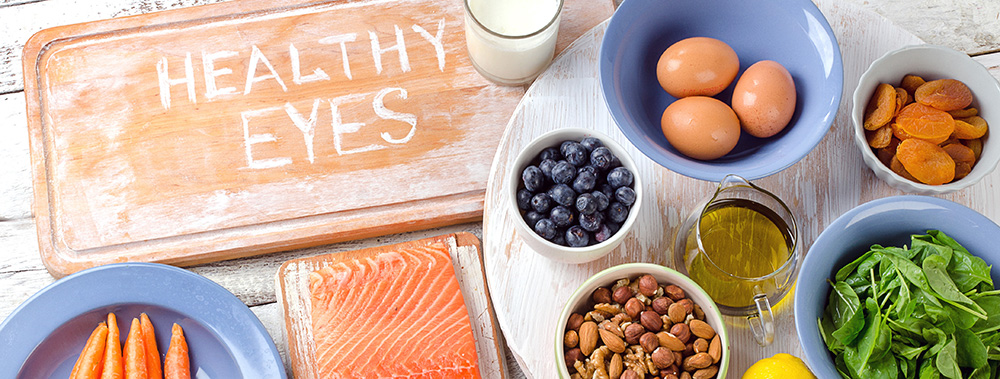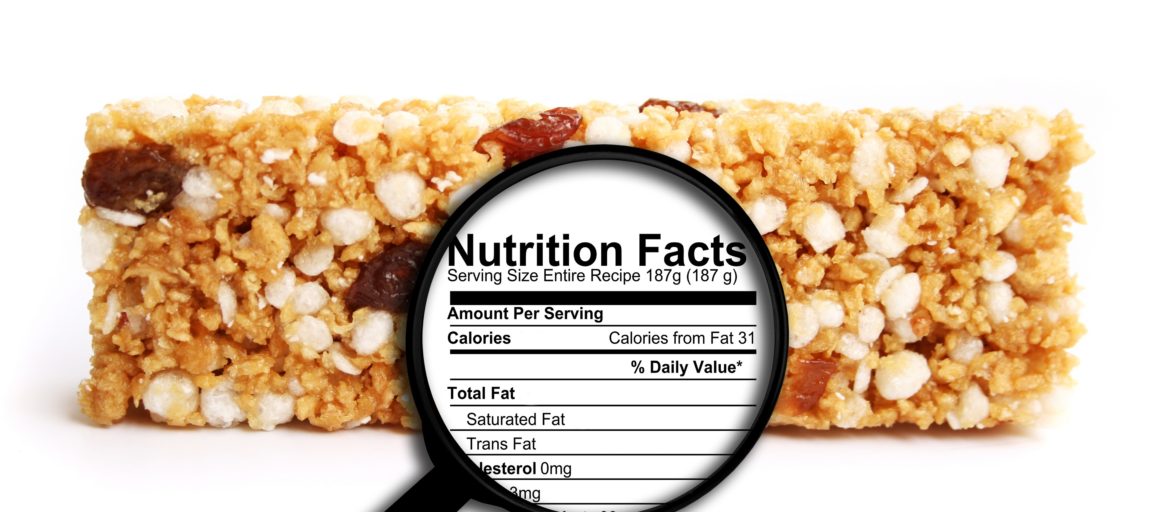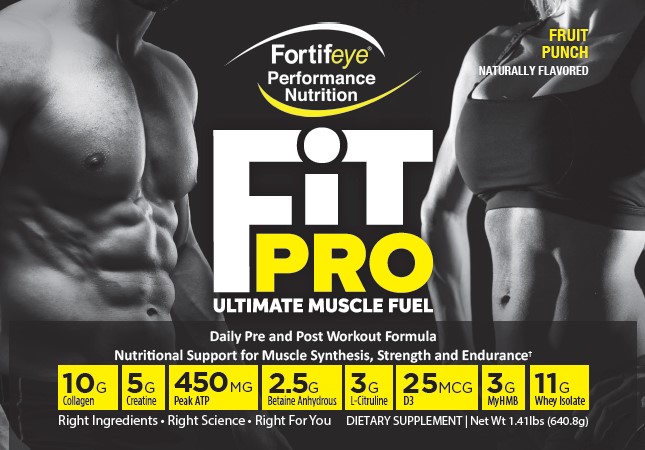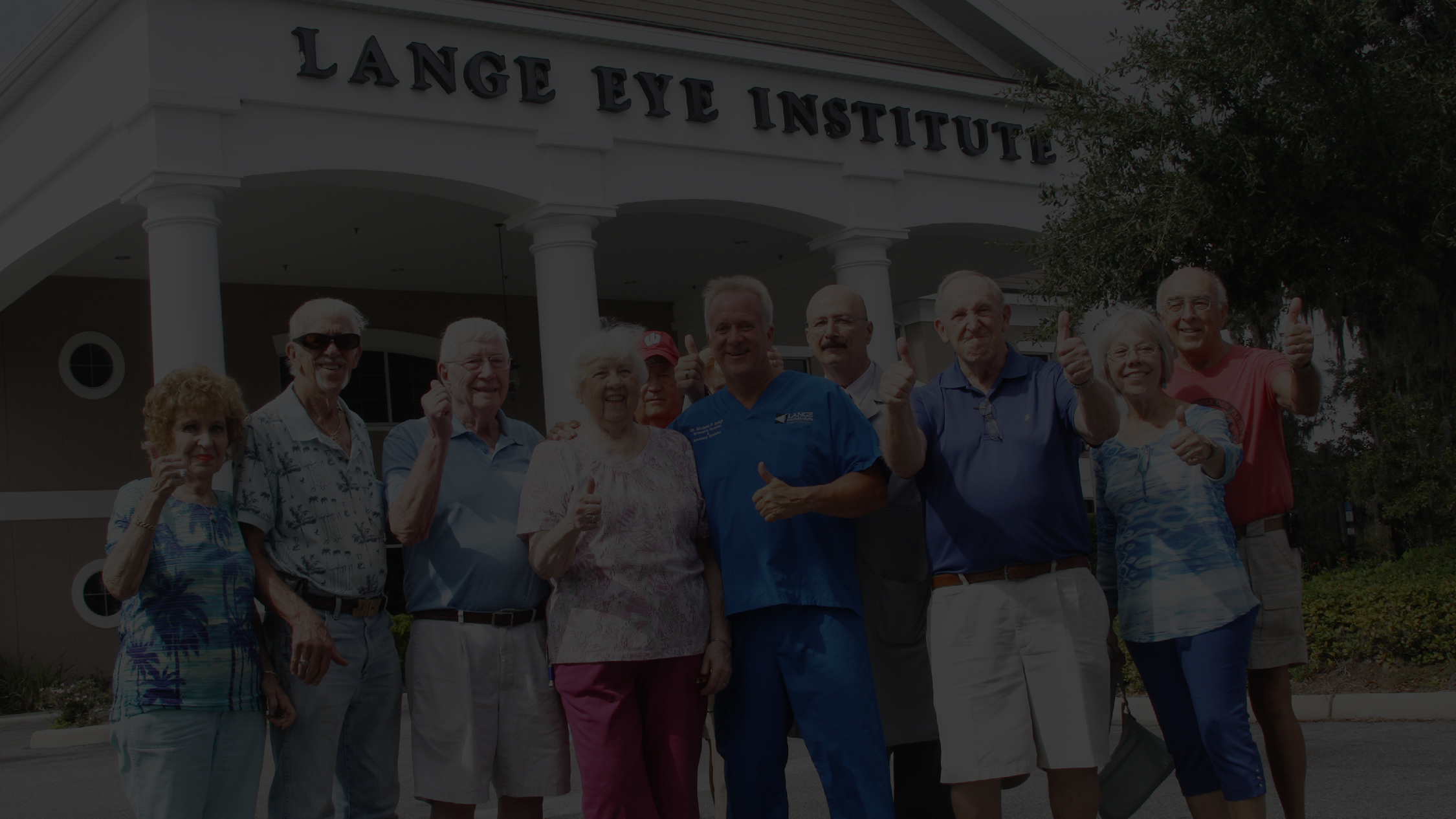There are few more important things to people than their eyes. Sight is a foundational part of our day to day life and so it’s only natural to want to protect your eyes. One way to support the promotion of healthy eyes is nutrition, the foods we put in our bodies can have a huge impact on the health of our eyes. This article will explain eye nutrition and how it can help you.
What is Eye Nutrition
While the idea of eye nutrition may be alien to some, it actually has a strong basis of medical literature around it. The study by the National Eye Institute of the National Institutes of Health or AREDS2 vitamins, highlighted the benefits of taking a supplement formula that has vitamins C , E ,zinc, lutein, zeaxanthin and copper. Nutrition can impact a number of eye health issues from wellbeing to specific diseases.
Key Nutrients and What They Do
The following are key nutrients that support the health of our eyes:
Vitamin A
Deficiency of Vitamin A is a leading cause of blindness, night blindness and extreme dry eye conditions. Vitamin A deficiency is quite rare in America and other industrialized countries but very common in 3rd world countries. People in 3rd world countries may benefit from vitamin a supplementation. Most of us that eat animal proteins will not need to supplement with vitamin a. High dosages of Vitamin a in supplement form can become toxic to the human body.
Vitamin A is derived from animal products such as egg yolks and dairy.
To learn more about dry eye nutrition, check out Fortifeye
Beta-carotene
This is an important antioxidant that is pro vitamin A. Most people that consume adequate amounts of colorful fruits and vegetables get plenty of beta carotene in their diets and do not need to supplement with beta-carotene. Studies indicate that beta carotene may bind to binding sites on other carotenoids in the xanthophyll family and keep them from absorbing. This evidence has helped vitamin manufactures of eye vitamins make a better eye supplement. If you are taking an eye supplement that has lutein and / or zeaxanthin and astaxanthin make sure there is no beta- carotene in that supplement. Dr Michael Lange host of popular syndicated radio show called “ask the dr” takes it one step further on his show and tells listeners not to mix carrots and sweet potatoes (both high in beta-carotene) with dark green leafy vegetables ( high in lutein), orange bell peppers ( high in zeaxanthin) or wild Alaskan salmon ( high in astaxanthin).
Beta-carotene is derived from carrots, sweet potatoes, butternut squash and cantaloupe.
Bioflavonoids (Flavonoids)
These may have some ocular protection in these antioxidants.
Bioflavonoids are derived from Tea, red wine, citrus fruits, bilberries, blueberries, cherries, legumes, soy products.
Lutein and Zeaxanthin
These are carotenoids in the xanthophyll family that are found in the macular of the eye. Supplementing with both of these carotenoids increases Macular pigment density (MPOD). This aids in the protection of the macula from the harmful blue light that is all around us in the digital world we live in. Science suggests that increasing macular pigment density via carotenoids may have a protective nature against macular degeneration. Dr Michael Lange says the perfect meal for macular degeneration is wild Alaskan Salmon sauteed in organic virgin coconut oil with organic kale, organic spinach, orange bell peppers and one egg over the top. The free range organic egg is also high in these carotenoids but has phospholipids in the yolk that may improve absorption of the carotenoids. Some new emerging science also suggests that dairy may help with the absorption of these carotenoids. Possibly eating or drinking some goat, sheep or A2 milk or cheese could be beneficial.
Lutein and Zeaxanthin are derived from spinach, kale, turnip greens, collard greens, squash, orange bell peppers and goji berries.
Omega-3 Fatty Acids
Omega-3 studies are proving this valuable essential fatty acid may benefit dry eyes, glaucoma and macular degeneration. Omega 3 is a potent natural anti inflammatory that may also help improve circulation. If you cant consume omega 3 from wild fish then supplementing with a good triglyceride form (rTG) omega 3 fish oil may be beneficial. Make sure you read the label, it must say triglyceride form, TG form or rTG on the label otherwise it is a cheaper and inferior form of omega 3 called ethyl ester omega 3 that is very unstable and doesn’t absorb well. Fortifeye Super Omega 3 and Fortifeye Super Omega 3 Max are some of the most potent and purest TG form Omega 3 in the industry made in Norway. Both Fortifeye omega supplements are being recommended by doctors all over the world. Vegetable sources of omega 3 from seeds and nuts and not easily converted into omega 3 from ALA and are poor sources of omega 3.
Omega-3 fatty acids are derived from fish such as salmon, mackerel, tuna and herring; fish oil supplements, freshly ground flaxseeds, walnuts.
Vitamin C
Another important vitamin that can help combat against the oxidation in the eye. Studies indicate this vitamin may be beneficial for glaucoma, macular degeneration and cataracts.
Vitamin C is derived from peppers (red or green), kale, strawberries, broccoli, oranges
Vitamin D
Vitamin D deficiency is quite common in most industrialized countries because people are not spending as much time outdoors in the sun as maybe they should. Vitamin d deficiency is linked to a higher risk of almost all types of eye diseases. It is recommended for people to get half hr of sun a day between 11-2 pm. People that are darkly pigmented and very large may benefit from slightly longer amounts of sunshine. It is recommended wearing a good pr of sunglasses while in the sun. Obviously using your own common since and if you are super fair skin, albino, on certain medications that make you more light sensitive or have any types of skin cancers you may not want to get additional sun exposure. It is a good idea to have Vitamin D blood test done and make sure your levels are above 60. If you can not get adequate sun exposure then supplementing with vitamin D3 is a good idea. Never take more than 2000I Us of Vitamin D3 with out a health care professional recommendation. Vitamin A can block the absorption of Vitamin D.
Vitamin D is derived from Salmon, sardines, mackerel, milk and most importantly, sunlight
Vitamin E
Vitamin e was one of the vitamins used in the AREDS and AREDS 2 studies for macular degeneration. Vitamin e is in most eye vitamins today that are developed for macular degeneration. New science is proving that it is best to have a combination of the eight forms of vitamin e instead of one form. There are 4 tocopherols and 4 tocotrienols that make up all 8 forms of vitamin e. Always try to use the natural forms of these vitamins and not the synthetic form. The very latest science is looking at how additional tocotrienols may have additive health benefits over the tocopherols by themsleves.
Vitamin E is derived from Almonds, sunflower seeds, and hazelnuts
Zinc
Zinc is the final nutrient on our list that is an essential mineral that is concentrated in both the retina and the choroid. Zinc was one of the nutrients use in the areds study for macular degeneration. Zinc is a vital nutrient for a healthy retina. Zinc oxide is the lowest absorbing form so if supplementing with zinc try zinc picolinate, citrate, gluconate or monomethionine.
Zinc is derived from oysters, beef, Dungeness crab, turkey
Summary
Nutritional eye care is a powerful tool in your arsenal against eye diseases. Vitamins are incredibly important for our health and our eyes are no exception.
But with so many recommended vitamins on the table, it can feel overwhelming to stay on top of them. That’s why you need not look further than Fortifeye and their comprehensive eye nutrition supplements. They’re science backed, all in one supplements are designed with you health in mind.




